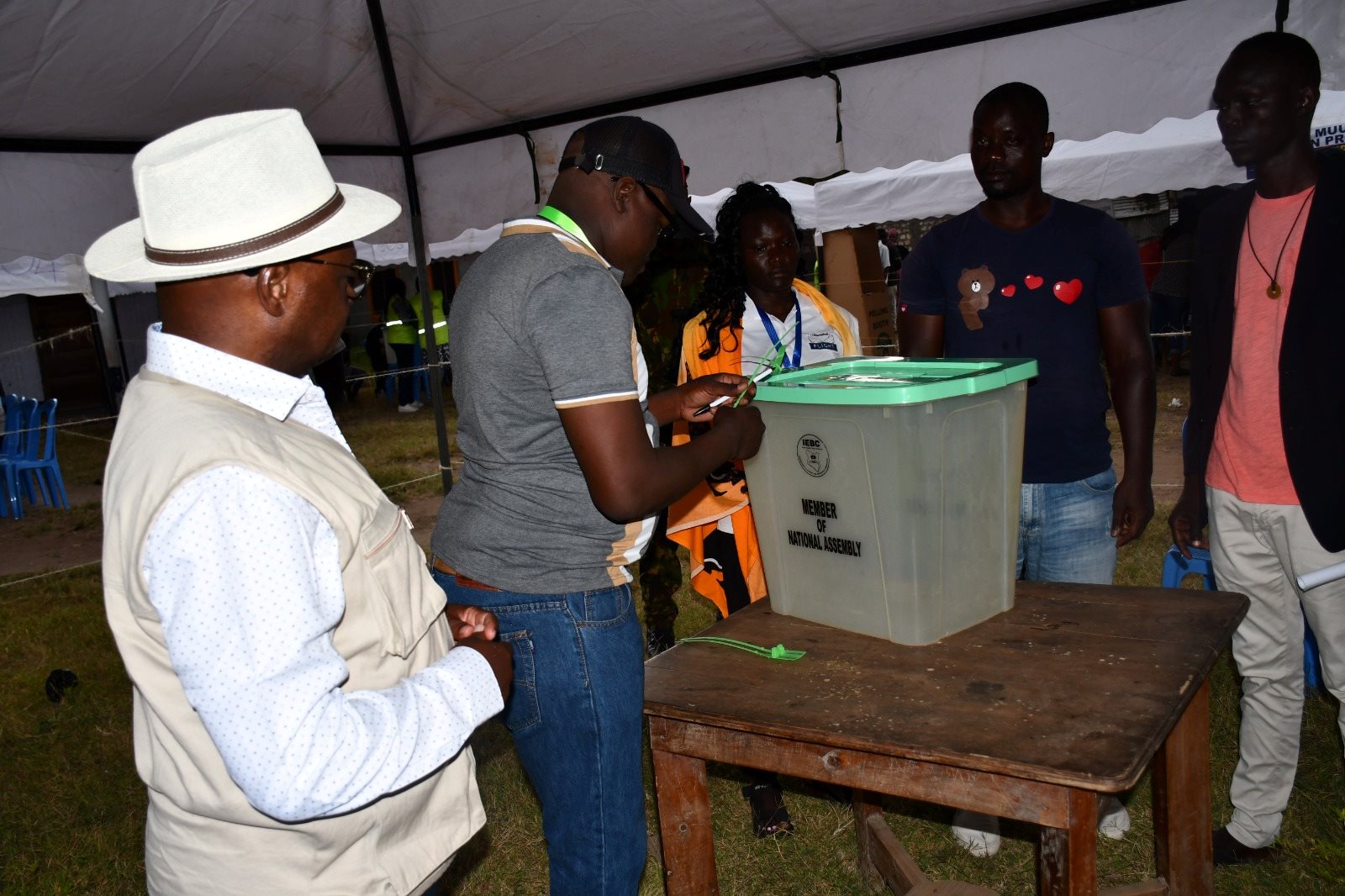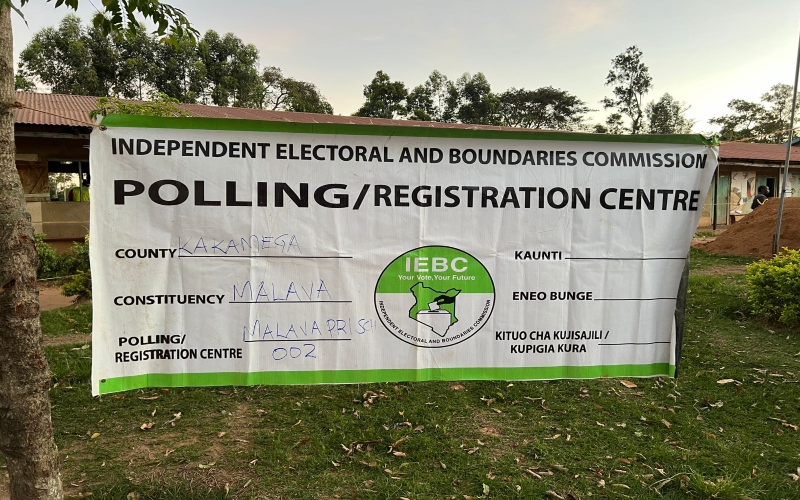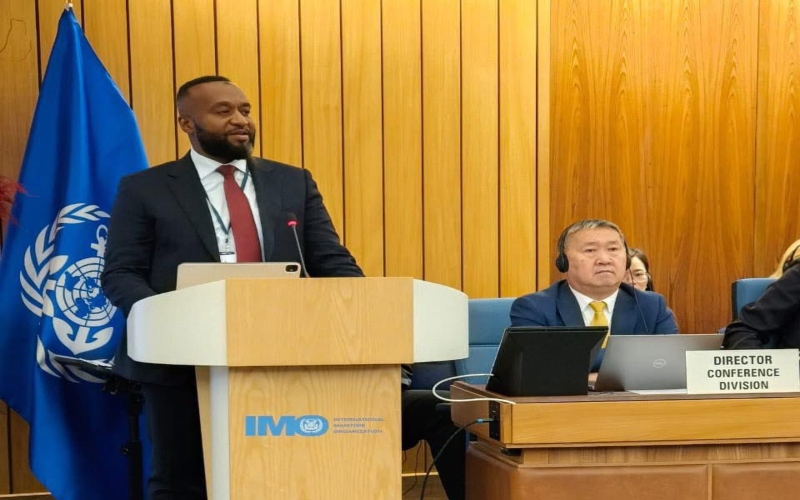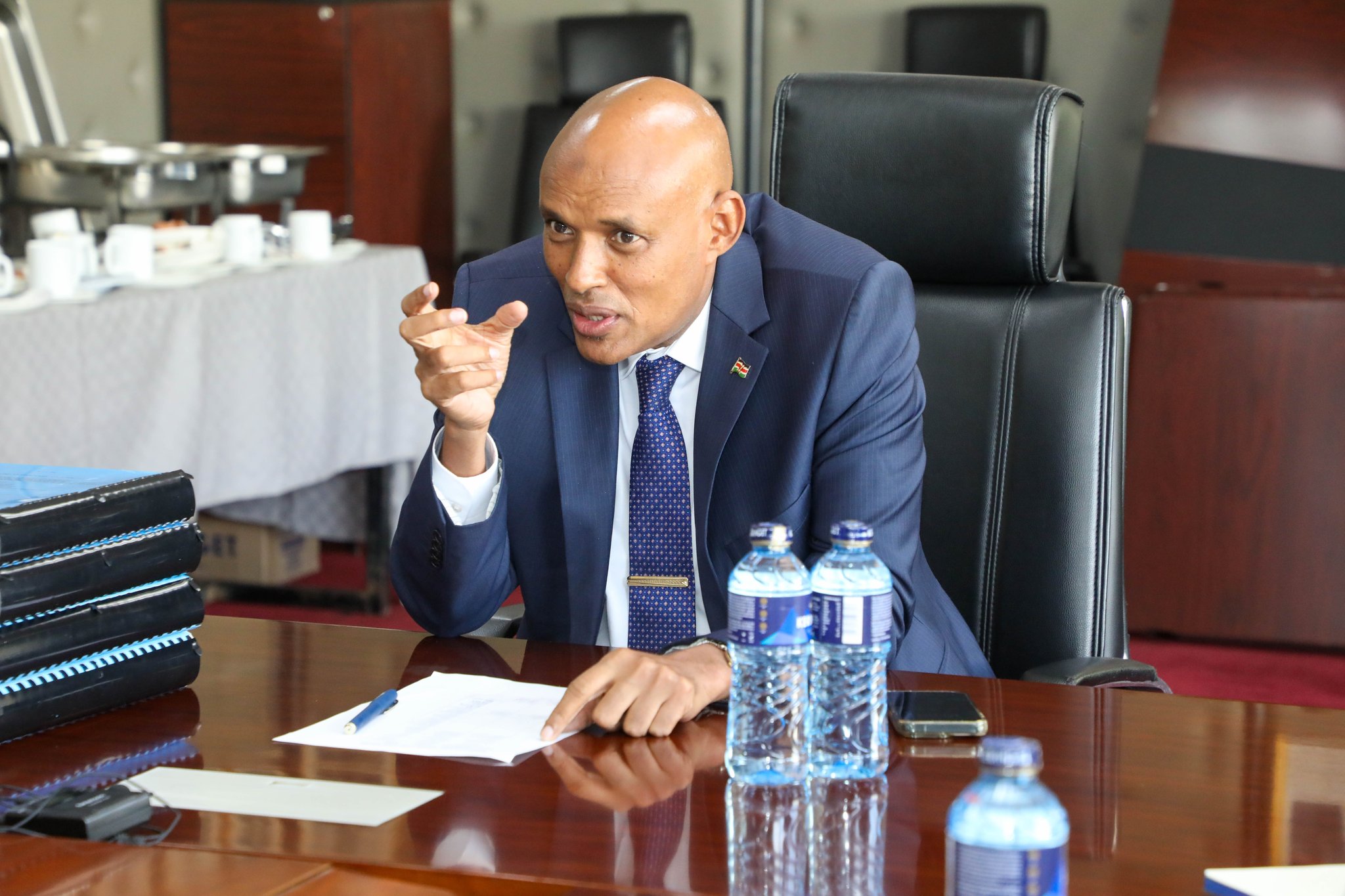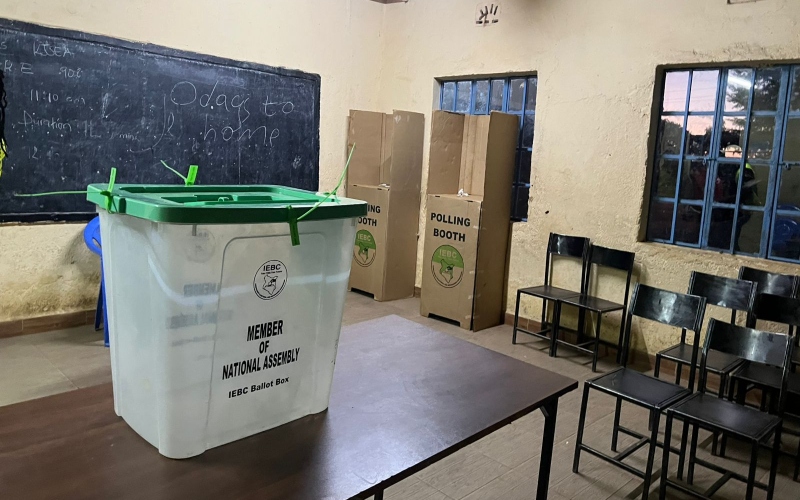CS Kagwe urges bold reforms in agriculture sector as Intergovernmental Agriculture Forum opens in Naivasha
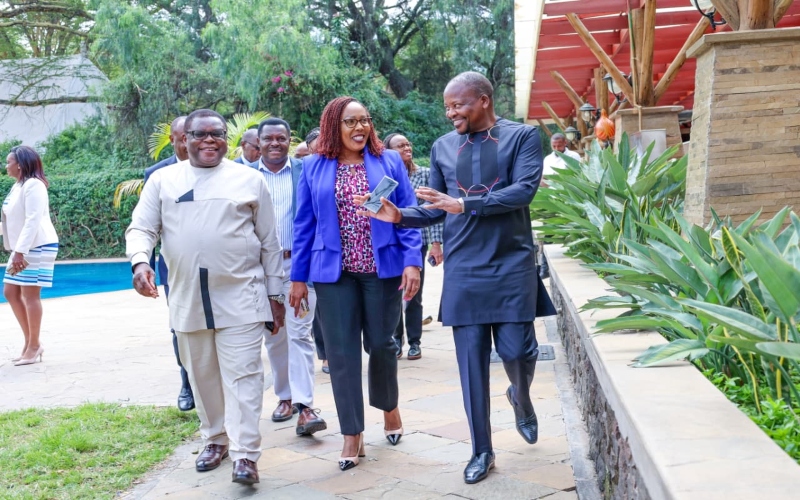
CS Kagwe reminded participants that IGAF is more than a conference; it is a constitutional responsibility designed to reinforce cooperation and position counties as the frontline implementers of agricultural policies.
Agriculture and Livestock Development Cabinet Secretary Mutahi Kagwe has challenged county governments and private sector players to leave behind old habits and take bold steps toward transforming agriculture, as he opened the Intergovernmental Agriculture Forum (IGAF) 2025 in Naivasha.
He described the forum as a crucial platform for counties to coordinate effectively, ensuring that Kenya’s food security goals are achieved through practical action rather than mere discussion.
More To Read
- Kenya wants China to remove tariffs on coffee, tea, avocados as trade imbalance persists
- City Hall moves to recognise urban farmers in policy review
- CS Kagwe orders integrated pest management to save macadamia nuts
- Farmers accuse KTDA of favouring Eastern regions in bonuses
- Government mulls leasing pyrethrum processor to private operator amid Sh3.5 billion debt
- Senate Bill proposes five-year jail term, Sh2 million fine for livestock thieves
The two-day event brought together Livestock PS Jonathan Mueke, Council of Governors (CoG) Chair Ahmed Abdullahi, Vice Chair Muthomi Njuki, the Council's Agriculture Committee Chair Governor Ken Lusaka, ASAL governors Andrew Mwadime and Nathif Jamaa, chief executives and board chairs of all agricultural agencies, county CECs, and leading private sector figures.
CS Kagwe reminded participants that IGAF is more than a conference; it is a constitutional responsibility designed to reinforce cooperation and position counties as the frontline implementers of agricultural policies.
“We are here not just to discuss agriculture. We are fulfilling a constitutional mandate. We must protect counties. We must work in tandem. We cannot do things normally and expect different results.”
He emphasised that Kenya’s agriculture sector cannot progress if county leaders and private players stick to familiar methods.
The CS pointed out that President William Ruto has already set clear directives for agricultural transformation, and it is now up to counties to translate these policies into tangible outcomes, including enhanced food production, job creation, improved value chains, and market-ready produce.
Addressing the private sector, CS Kagwe made it clear that government efforts alone cannot drive success.
“Unless and until the private sector is fully enthused and joins agriculture, we cannot achieve results. The government cannot endlessly hire and hire or provide more and more money. The vacuum must be filled by the private sector. That is where success will come from.”
He called on counties to create investor-friendly policies and strengthen partnerships with agribusinesses to unlock capital, technology, and high-value employment opportunities.
Kagwe also pushed delegates to reflect on Kenya’s persistent production gaps.
“Let us ask ourselves: How can India, with over a billion people and the US, with more than 300 million, export grain to Kenya? How can Egypt, a desert country, grow enough food? Let us not point fingers. Let us think. Let us innovate.”
The CS stressed that IGAF 2025 should generate actionable solutions driven by technology, science, and data, rather than political speeches.
Counties were urged to take ownership of climate adaptation, rangeland management, and livestock resilience, with national government support.
Highlighting the dangers of drought-driven livestock losses, Kagwe called for climate-proof investments, early warning systems, and structured adaptation plans.
He also sounded the alarm on declining soil fertility, saying, “Land will not increase. Yet we must feed ourselves and still export. We must address soil health urgently. Fertiliser subsidy must be crop-specific and soil-specific. Seeds must be right for the right regions.”
The CS urged counties to adopt modern soil testing, certified seeds, and targeted fertiliser application quickly.
Kagwe also warned of an impending shortage of skilled agricultural personnel.
“Technology is what will change agriculture. But our officers and graduates must be trained for that future. In five years, 50 per cent of the Ministry of Agriculture staff will retire. KALRO does not have enough scientists. We must rebuild our human capital now.”
He concluded by stressing the importance of updated curricula, advanced extension services, and the recruitment of young scientists and technicians as foundational steps for Kenya’s agricultural transformation.
Top Stories Today


